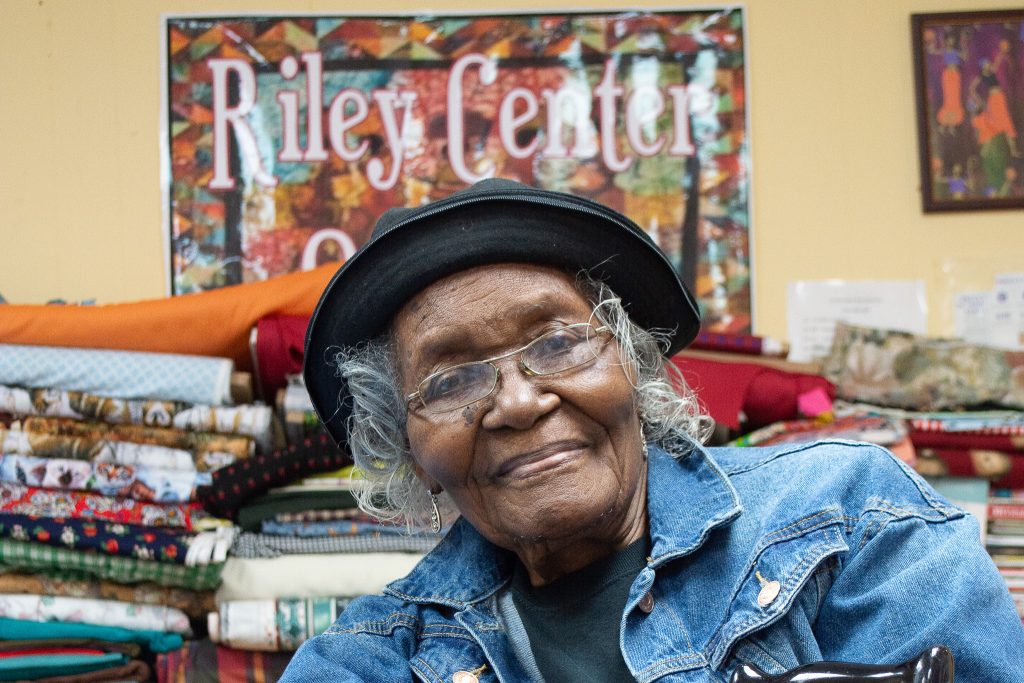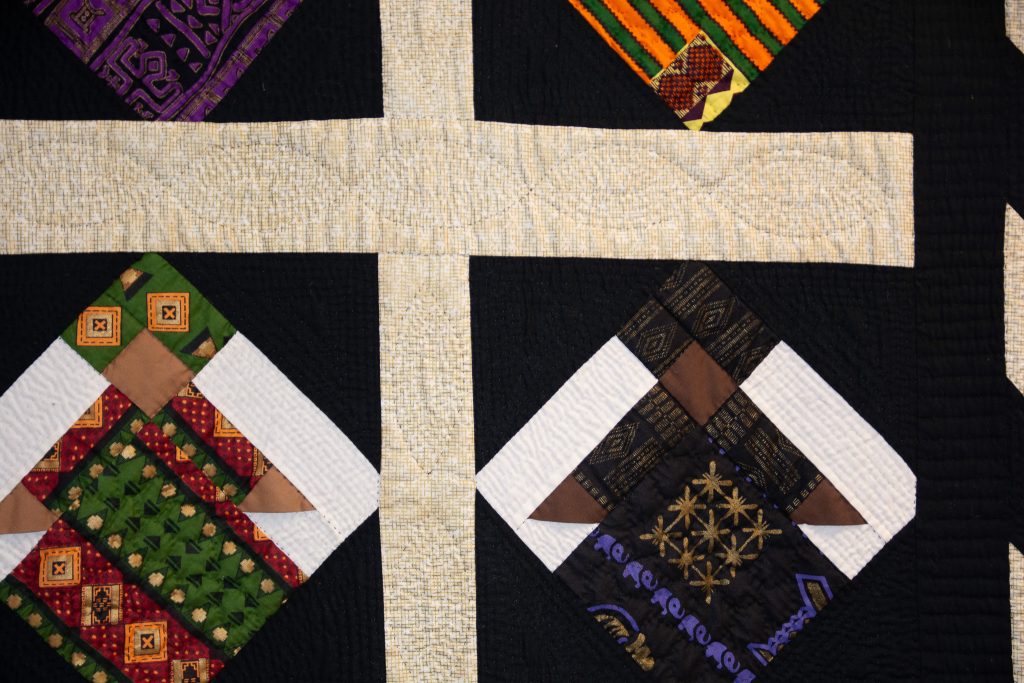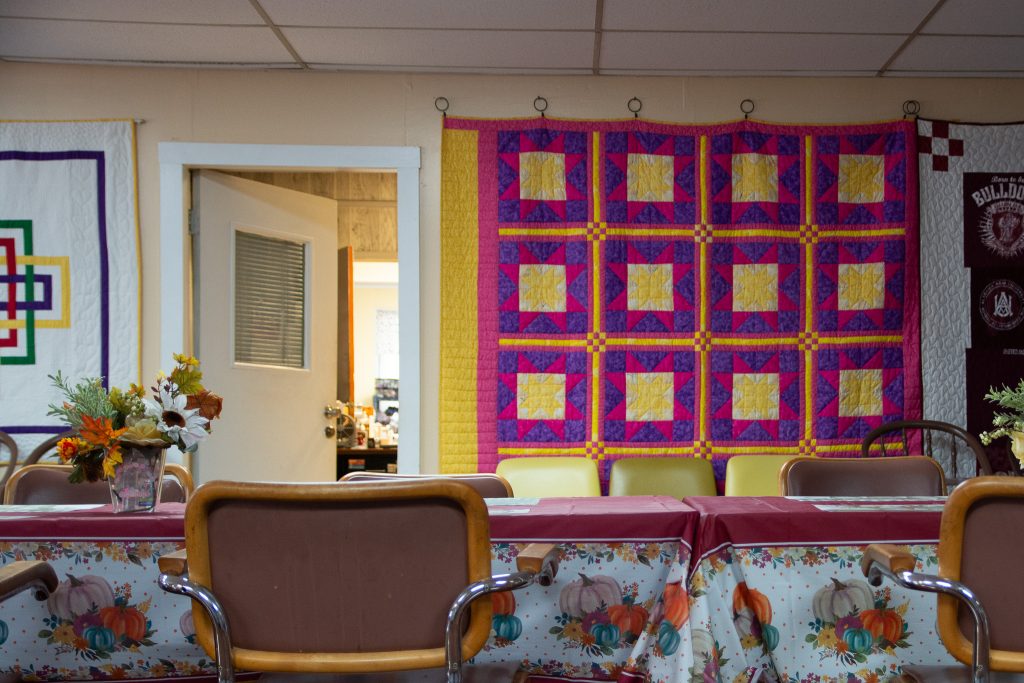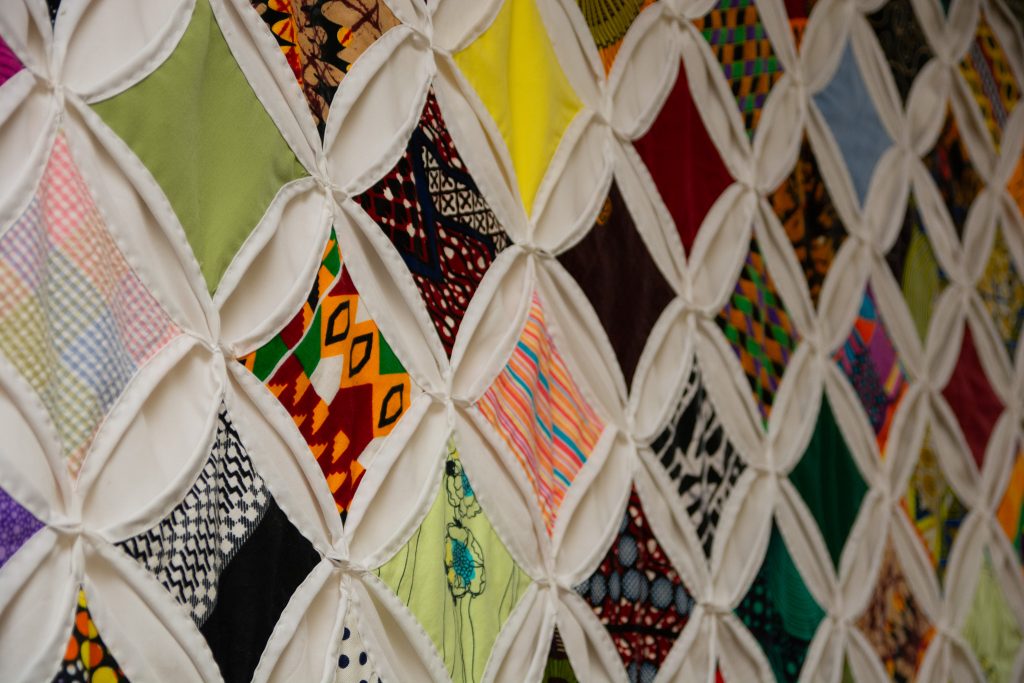
The United Community Center, commonly known as The Riley Center, was established in 1903 as a service organization for the wives and children of men who worked in Birmingham’s mines and factories. Although founded during a bygone era, the underpinnings of the organization have held strong, and it has evolved to remain relevant for more than a century.
Originally located in the Elyton Village public housing development, the popular community center moved in the 1970s and has been a fixture of the Riley-Travellick neighborhood in southwest Birmingham ever since, which is why it’s been dubbed “The Riley Center.” As a partner agency of United Way of Central Alabama (UWCA) since 1981, it is now a source of support, socialization, assistance with daily needs and education for the community that it serves.
Ninety-six-year-old Leila Hubbard, who has lived in the Riley-Travellick neighborhood almost her entire life, has been strongly connected to The Riley Center for many of those years.
Hubbard’s father, like many men of his era, worked for the Tennessee Coal, Iron and Railroad Company. As a result, she spent the first 12 years of her life living in a mining camp between where Red Mountain Park and Lawson State Community College are now. Married at 16, Hubbard graduated from Powderly High School in 1945 and raised eight children — four of her own and four who were adopted – all in the same neighborhood that The Riley Center still serves.
For about the past 45 years, Hubbard has spent much of her time at The Riley Center. It was in the 1980s when she began helping with a food co-operative that was based at the center. Hubbard said she was one of several people who prepared meals for, and distributed food to, the community.
By 1989, when Hubbard turned 62, she began to visit the center for its service to seniors almost every day. “To me, this is home,” Hubbard said. She explained how comfortable she is at The Riley Center and, although she has visited other places, she always comes back “home.”
In the early days, Hubbard was very active in The Riley Center’s sewing classes. Quilting, specifically, is one of the main things the center – and its participants — are known for. Intricate patterned quilts adorn most of the walls of the building’s interior.



Today, Hubbard’s visits to the center are a little less frequent, averaging about two days a week. Her main focus is now on socialization and fellowship.
Her usual routine is to arrive before 10 a.m., read from the Bible and then gather with the other seniors for a group devotional. Sometimes, she gives a quiz from the lesson and awards a prize to the winner. And sometimes, after her devotional, Hubbard will get everyone to play bingo until lunchtime, when she goes home to check on her cats Dopey and Snoopy.
“It means a lot to come out and fellowship and be around somebody,” Hubbard said. “Whenever I can’t come, I miss them.”
There’s just something about that welcoming feeling of “home.” Theresa McGhee Johnson, who has been Executive Director of the Riley Center since 2017, has been involved since 1981. She said she first started volunteering after she would drop her youngest daughter off at the center’s daycare program and didn’t want to leave.
“In the meantime, I just started working with the children,” Johnson said.
Today, The Riley Center offers a variety of programming for the whole family with special emphasis on children and seniors. Quilting remains one its principal programs; and instruction in needlework of all sorts is offered to area residents. Other programs include a monthly drive-through grocery pickup, with food provided by the Community Food Bank of Central Alabama and a summer camp for children ages five to 12.
The Riley Center is an excellent example of an organization that provides social engagement for seniors, enrichment activities for children and fulfillment of some of the community’s most basic needs. That was important in 1903 and it remains so today.
Learn More
